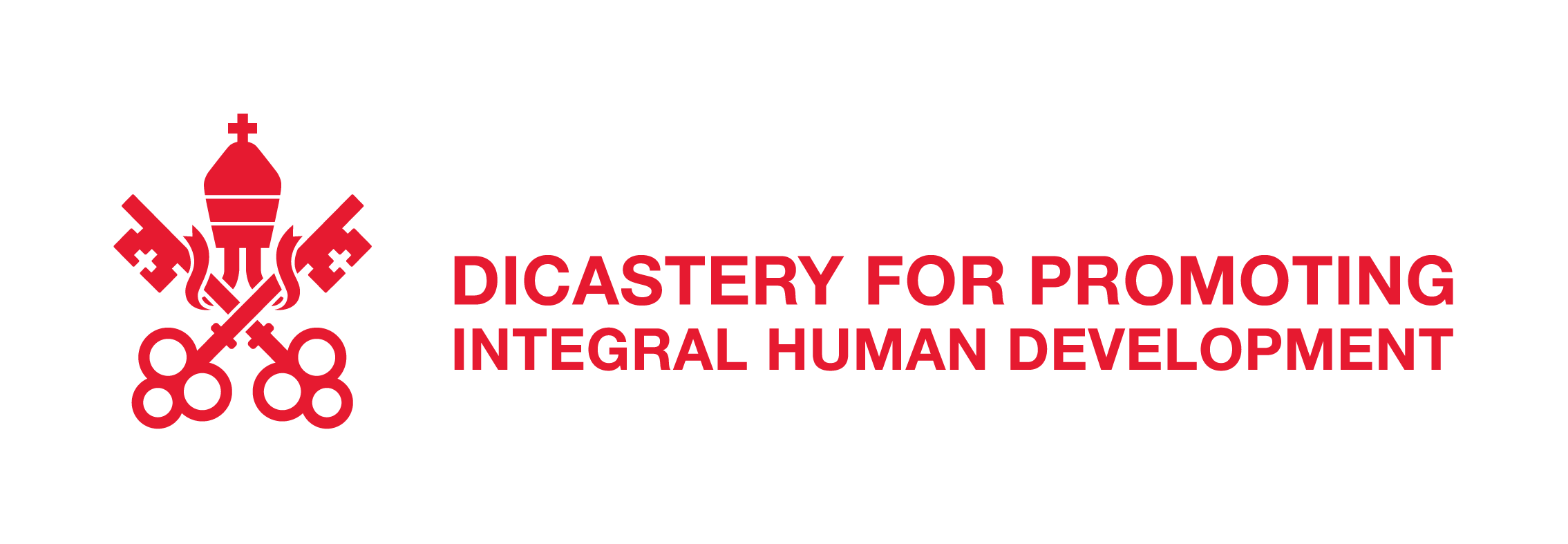
Individual and social welfare, relations in families, communities and cities.
What is the purpose of human life that economic policies should endorse and promote? If it is happiness, how does self-reported happiness compare with other measures of well-being such as capabilities, human flourishing, opportunities, freedom and so on? As we learn more and more how relationships are key to happiness, should economics abandon its methodology based on individualism and consider also the family and other communitarian dimensions of human life as legitimate agents of social welfare? And finally, what are the socio-economic policies that foster all these dimensions? Our village explore new and more happiness-friendly ways of assessing, measuring and pursuing well-being in worldwide practices and public policies both from macro and microeconomic perspectives.
Keywords

We, as people, families, communities, and citizens of the world, believe that “we cannot make ourselves happy without making others happy as well” and that we can only achieve this by adopting new metrics for the common good and by encouraging civil institutions to provide the time and space necessary to build meaningful relations.
Final Statement EoF, Assisi 2022
Other external links HERE.

















